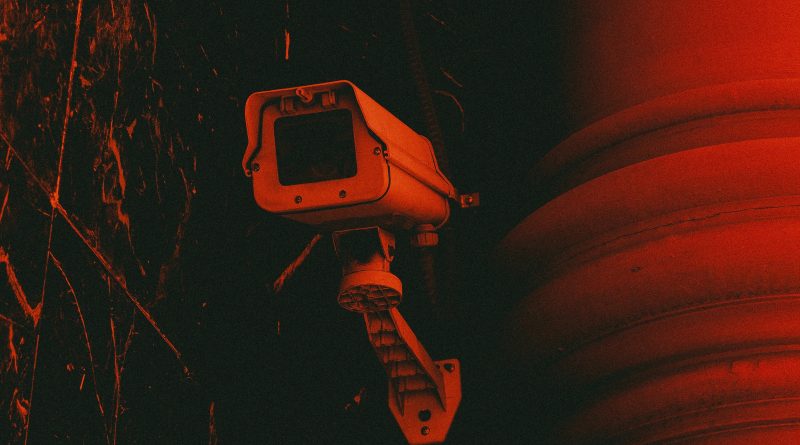Focus on Domestic Government Surveillance: United Arab Emirates
Mark Gorman
Staff Writer
The debate between security versus privacy is not new, but it is one that is entirely ignored in the United Arab Emirates (UAE). The UAE government, an absolute monarchy with no established civil liberties, is free to spy on those in the country as much as it pleases. According to the Washington Post, “the UAE has one of the highest per capita concentrations of security cameras in the world,” which the government uses to track threats to national security, mostly in the form of dissent. The Post cites one example from 2010 where a Hamas commander was assassinated at a hotel in Dubai. Police were able to quickly identify the killers as a group of around three dozen suspected Israeli Mossad operatives. Authorities later revealed a video showing the suspected agents trailing the commander while dressed as tennis players, which allowed the government to track them from the time they arrived in Dubai.
The extent of the UAE surveillance program is both amazing and terrifying, but they did not assemble it alone. Reuters launched an investigation into a program called Project Raven, a joint operation between the Emirati government and a UAE-based cybersecurity firm called DarkMatter. What made this project special was that the team consisted of more than a dozen former U.S. intelligence operatives. These American ex-spies were hired to put their expertise and knowledge into helping the UAE engage in surveillance of foreign governments, militants, and activists critical of the monarchy.
In February of 2018, DarkMatter decided to address international media for the first time. According to The Middle East Eye, this was done as an attempt to absolve itself of any connection to potential human rights violations and argue it was independent of the Emirati government despite the UAE making up 80 percent of its customer base. The Eye also reports that surveillance and security have been increasingly important to the UAE, as well as other nations in the region. Likely in response to the Arab Spring, the UAE and many Gulf states passed cybercrime laws in 2012 which prohibit online criticism of the respective governments. The ability of the Emirati government to track and enforce these crimes is a result of the millions of dollars they have sunk into programs such as Project Raven.
While Reuters only tracks Project Raven back to 2014, Al Jazeera expands on Project Raven’s history, which they report as beginning as a post-9/11 proposal by former U.S. government counterterrorism czar Richard Clarke to prevent another catastrophe. Five years after he left his position with the government, he was hired as a consultant to the UAE. In 2008, he was tasked to help create the Development Research Exploitation and Analysis Department (DREAD), the predecessor to Project Raven. This project quickly went beyond merely spying on extremists as Clarke had originally pitched and was expanded to the extent that Saudi women’s rights activists, diplomats at the United Nations, and personnel working for FIFA were all targets of the UAE’s surveillance program.
The UAE surveillance program goes so far that a popular chat app called ToTok has been revealed as a government surveillance tool. reports that the UAE uses the app as a tool to track user’s conversations, locations, and what data is stored on their phones, such as images. The Guardian points out that ToTok has been popular in the country largely due to the government promoting the app and banning alternatives, such as Apple’s Facetime and Facebook’s WhatsApp. The Guardian further states that what makes the app so useful as a surveillance tool is that it does not need malware or backdoors programmed in to spy on people because the government gets everything it needs through the app’s main functions as a communication app.



